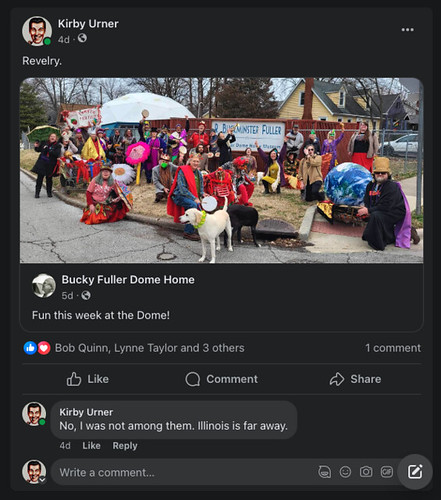Some of us have studied The Metaphysical Club, which graphs a school of thought usually labeled as American pragmatism. At the outset, we're reminded how this layer of American heritage was forged in the US Civil War.
Readers in the far future, meaning in the 21st Century say, tend to forget all the nuances that swirled in the wake of the US's establishment as a nation-state, still very much in the process of spreading westward. To what extent would additional states, in the process of being added, permit the institution of slavery within their midst?
Accompanying acts of emancipation, on through the Civil Rights period, was the rise of mechanization, including escalators and elevators and the possibility of high rises (some qualifying as "skyscrapers"). In both the lineages of the pragmatists and the transcendentalists came Buckminster Fuller (the grand nephew of Margaret Fuller) with his forward-looking "energy-slave" concept: our machines would slave for humanity, increasingly effectively, freeing humanity itself from the scourge of slavery.
We would still need skilled professionals, people who knew how to leverage their work with automation. These would not be slaves however, so much as the master faculty and apprentice students of an emergent "global university" (another metaphor for Spaceship Earth).
Over at the Trim Tab Book Club, we've been alternately reading books by, and then about, said Buckminster Fuller, a prominent and prophetic futurist through much of the 20th Century. His ideas about a "design science revolution" anticipated the advance of "copyleft" policies among source code engineers.
I'm signed up for Sociology through what I'm seeing as within the NPU framework, in turn friendly with my School of Tomorrow based here in Oregon (NPU and PSU are linked in my thinking).
It's through that reading program, undertaken with other scholars online, that I was cued regarding The Metaphysical Club as relevant background reading. We're interested in continuing to stream these streams.

